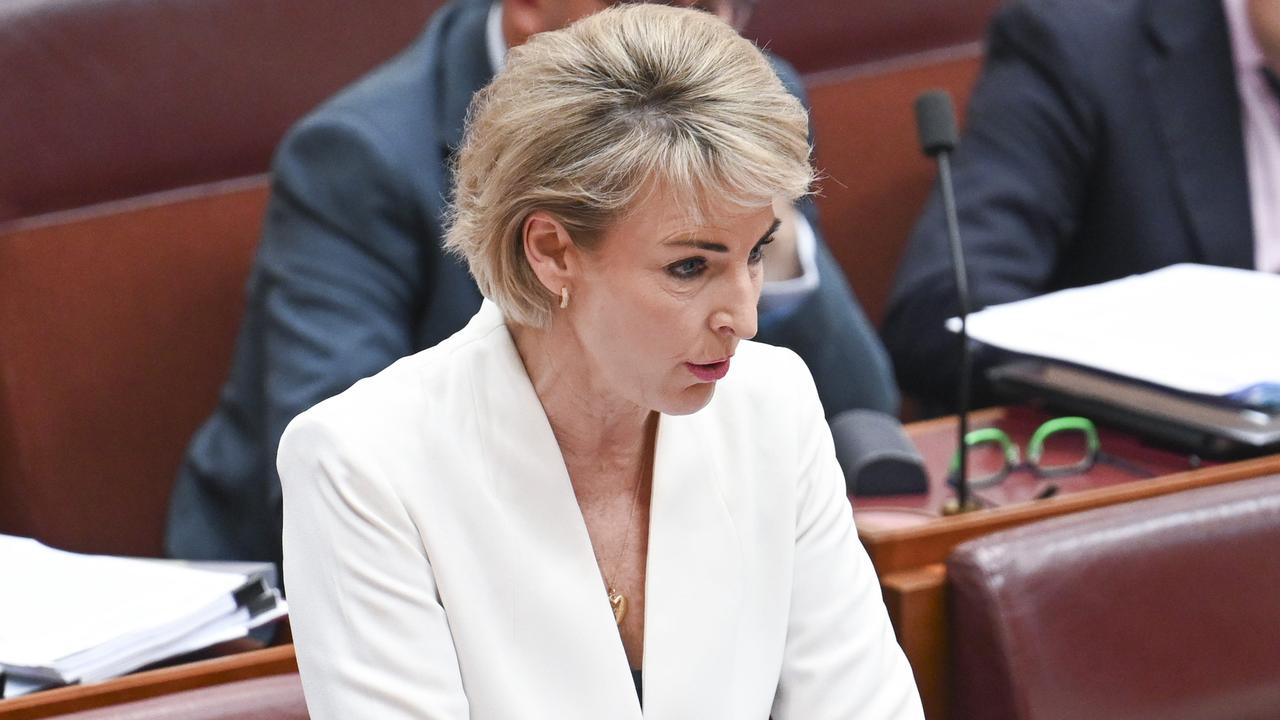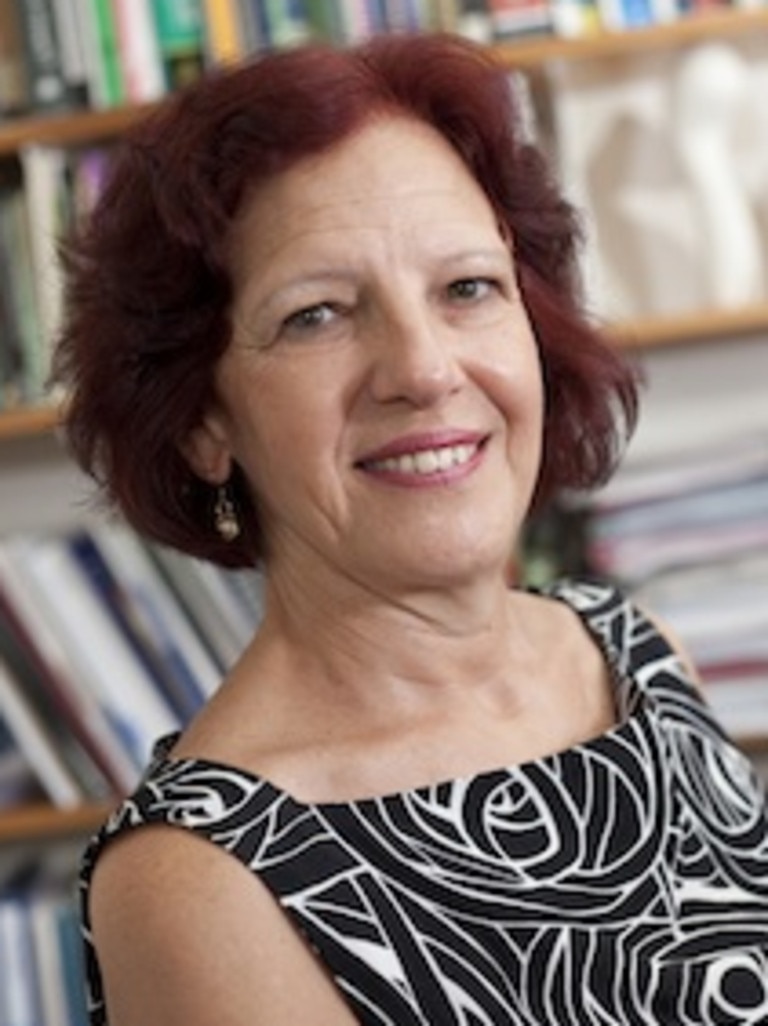Labor’s family law changes ‘go too far’, says Michaelia Cash

The Coalition is preparing to revamp the Family Law Act to undo Labor’s overhaul amid concern the changes “send a very disturbing message” to Australian families.
The Weekend Australian can reveal the opposition is looking to repeal Anthony Albanese’s changes to family law – including the removal of the presumption of shared parenting in court disputes – if it wins the next election.
Opposition workplace relations spokeswoman Michaelia Cash said Labor’s changes go too far and “simply do not make sense”.
“Labor’s changes to the presumption of equal shared parental responsibility simply do not make sense,” Senator Cash said.
“This was a rule which said that, unless it is unsafe, the starting point is to presume that children benefit where both parents are involved in major decisions about their lives.”
The government last month passed laws to abolish the presumption of shared parental responsibility, which direct a court to apply the presumption that it is in the best interests of a child for the parents to have equal shared responsibilities.
The new laws also slash from 15 to six the “best interest” considerations used by courts when deciding the best parenting arrangements for a child.
But Labor’s changes were criticised by some legal experts, who warned the amendments may take Australia back to a time when mothers were granted primacy in court battles.
Domestic violence advocates welcomed the move, saying the changes were long overdue to stop perpetrators using the family law system and parenting arrangements to prolong conflict and coercive control over shared decision-making.
However, a major 2019 inquiry by the Australian Law Reform Commission did not recommend removal of the presumption of shared responsibilities but proposed the clause be reworded to allow “joint decision-making about major long-term issues”.
Senator Cash said Labor had ignored the “explicit recommendations of Australia’s leading law reform body”, and warned the changes “send a message to the courts that parliament no longer considers it beneficial for both parents to be involved in decisions about their children’s lives”.
She also criticised Labor’s removal of the word “meaningful” from the Act, arguing the change sent a clear message to the courts that it was no longer important to look at the benefits of a meaningful relationship between a child and their parents.
The Weekend Australian understands the policy has not been taken to shadow cabinet but it is looking to overturn the changes to bring the laws in line with the ALRC review recommendations.
The opposition is concerned the changes will lead to more delays and higher rates of litigation for families, drawing out the cost and pain for separating couples.
Family law expert Patrick Parkinson said he welcomed the opposition’s interest in producing a better-balanced and fairer set of provisions for parents who have not engaged in serious violence.
Professor Parkinson, a key adviser to the Howard government that amended the Act in 2006 following lobbying from fathers’ groups, warned Labor’s changes were too heavily focused on dealing with violent perpetrators rather than serving the population as a whole.
“I think the law that the government has passed is very imbalanced and doesn’t adequately support the role of both parents in children’s lives when it is beneficial for them,” he said. “It is very focused on the issue of violence to the detriment of other issues the courts should consider.”
But Griffith University Law School senior lecturer Zoe Rathus said the shared parental responsibility provision had created a lot of confusion and had been poorly understood in the community. She said the provision was highly problematic and caused significant difficulties for victims of family violence.
However, Ms Rathus expressed some concern that rigid guardrails within the law around equal responsibility had been removed and there may be an information vacuum as the courts and community adjusts to the change.
She also said it was impossible to know whether there would be more confusion but hoped judges could use innovative ways to ensure children have meaningful relationships with both parents in cases where it is safe to do so.
“There were previously very constrained pathways … judges had to follow and now it’s all gone, and there is no discussion for when you might make an order for joint decision-making and there’s no mention of equal time.”


